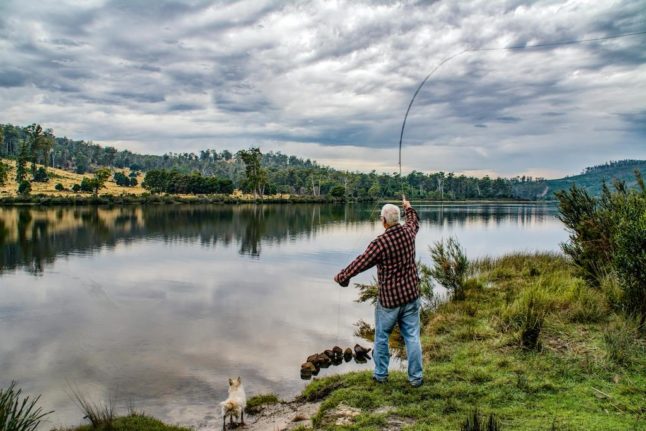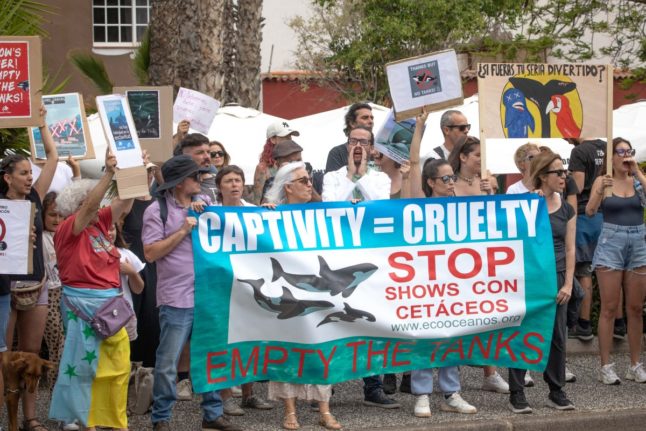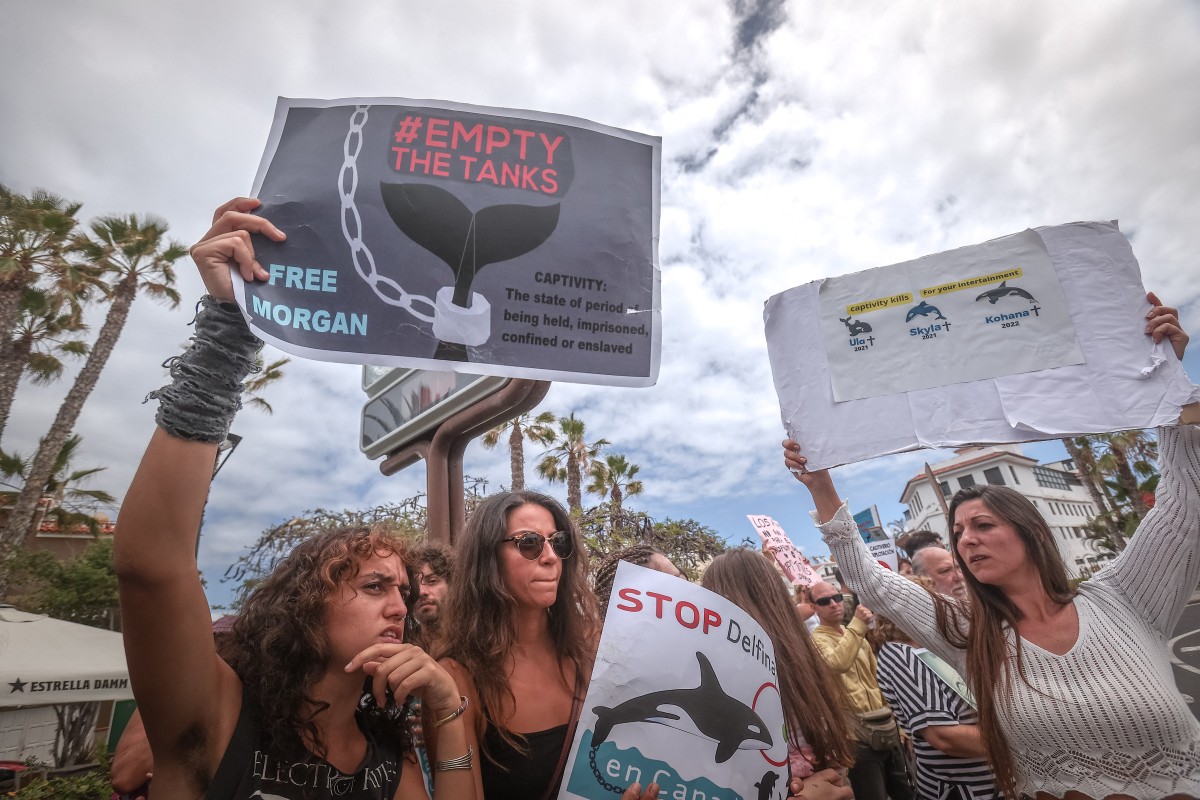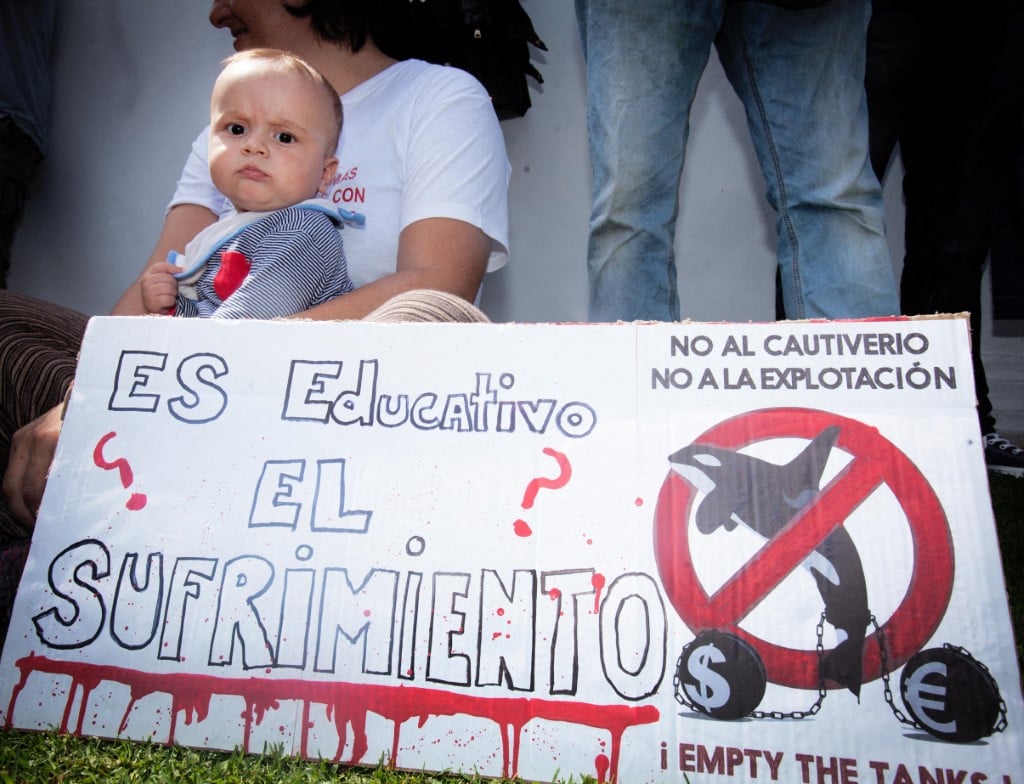According to a study by the Department of Marine Ecology in Blanes, Catalonia, there are over 870,000 recreational fishers in Spain.
The most popular type of fishing is shore fishing, followed by boat fishing and then spearfishing.
If you’re interested in fishing in Spain, it’s important to be aware of the various laws that govern the sport here. Like with many things in Spain, the rules change depending on where you are in the country.
In most cases, you must obtain a fishing permit from the authorities in your region, sometimes these will also be valid for use in other regions too.
To get a permit you will need to be a resident in Spain or a citizen, however, there are areas where visitors can get permission to fish through tourism companies as well.
Madrid
In order to fish in Madrid you will need a valid fishing licence from the Community of Madrid and your ID card.
In fishing reserves, controlled fishing areas, experimental fishing areas and in private waters, a personal fishing permit is also required for that particular place and date.
An order is published each season establishing the species that are allowed to be fished and the limitations for fishing in rivers, streams and reservoirs in the region. This order remains in force until it is replaced by the corresponding order for the following season.
The Annual Order establishes the maximum quota and minimum size you’re allowed to catch, depending on the species.
You can apply for the licences here.
Catalonia
To legally fish in Catalonia you must have a fishing licence. There’s a single licence that gives you the right to fish at sea throughout the Spanish State and in the continental waters of Catalonia. You can apply for it here.
It entitles you to fish in marine waters except in protected natural areas, in port waters or in some stretches of the coast during the summer swimming season. Remember you should check with your local town council as to the specific times you’re allowed to fish.
The recreational fishing licence is to be used for pleasure or sport (competition), without profit or commercial interest. Any catches obtained are to be used exclusively for your own consumption, and cannot be sold or traded.
Valencia
Valencia has around 542km of coastline and fishing has become very popular here. Recreational maritime fishing in the region, like in many others, is defined as any fishing activity that is carried out for pleasure or sport, without profit or commercial interest. Catches obtained are used exclusively for your own consumption.
Fishing is allowed from land, from a boat or underwater.
In order to fish in Valencia you need a permit from the corresponding body. The regulation of recreational maritime fishing in inland waters is carried out by the General Subdirectorate of Fisheries, while fishing in other waters corresponds to the State Administration.
For more information on obtaining your licence for recreational maritime fishing click here.
To request authorisation of underwater recreational activities in the marine reserves and for the allocation of quotas click here.
Andalusia
In August 2023, the Andalusian government approved a new decree that regulated recreational maritime fishing in the region. Andalusia has now granted more than 200,000 recreational fishing licences. The maximum volume of catch is now four kilos per license per day and a maximum of 25 kilos when in a boat.
Like in the other regions, a permit is needed in order to fish. Recreational fishing licences can be obtained from the age of 14 for a small fee and are free of charge from the age of 65. If you are here on holiday and want to fish for a few days you are able to apply for a simple licence.
There are four classes of licenses available:
– Class 1: Authorises the holder for recreational maritime fishing from land and is valid for three years.
– Class 2: Authorises its holder for recreational maritime fishing from a boat and is also valid for three years.
– Class 3: Authorises recreational maritime fishing from a boat for several people that may not exceed the maximum number of capacity of the boat. It’s valid for one year.
– Class 4: Authorises underwater recreational maritime fishing and is also valid for one year.
You can apply here.
Class 3 and 4 licences can only be obtained in person at any of the Territorial Delegations of Agriculture, Fisheries, Water and Rural Development and/or Regional Agrarian Offices, by presenting an application. Office hours are from 9am to 2pm.
Balearic Islands
There are 4 types of fishing licenses for recreational sea fishing.
– The first is individual for use on land or from floating devices such as canoes and kayaks.
– The second is from a 6th and 7th list vessel.
– The third is for spearfishing, which can be obtained from age 16 and above.
– The final license enables you participate in official competitions and training.
Individual and boat licenses are valid for 3 years. Children under 14 years of age can practice fishing from land without the need for a licence.
For fishing in continental waters such as lakes, lagoons and rivers, you also need authorisation from the competent body of river fishing. You can apply here.
Canary Islands
To carry out recreational fishing it is mandatory to have a fishing licence. Recreational fishing permits issued in other Spanish regions are also valid in the Canary Islands. There are three types of licenses available:
– First Class Licence: is required for fishing from a boat with a handline, rod, trolling line, surface trolling line and jig.
– Second Class Licence: required for spearfishing by hand or mechanically propelled means (spearguns) and shellfishing on foot.
– Third Class Licence: required for surface, shore and boat fishing and shellfishing on foot.
You can apply for the licences here.
Accidentally caught species that are prohibited or that do not reach the authorised size or weight must be returned to the sea. You must not use unauthorised gear, tackle and or other equipment, especially those intended for professional fishing.
You are also not allowed to fish in the same area as professional vessels.







 Please whitelist us to continue reading.
Please whitelist us to continue reading.
Member comments